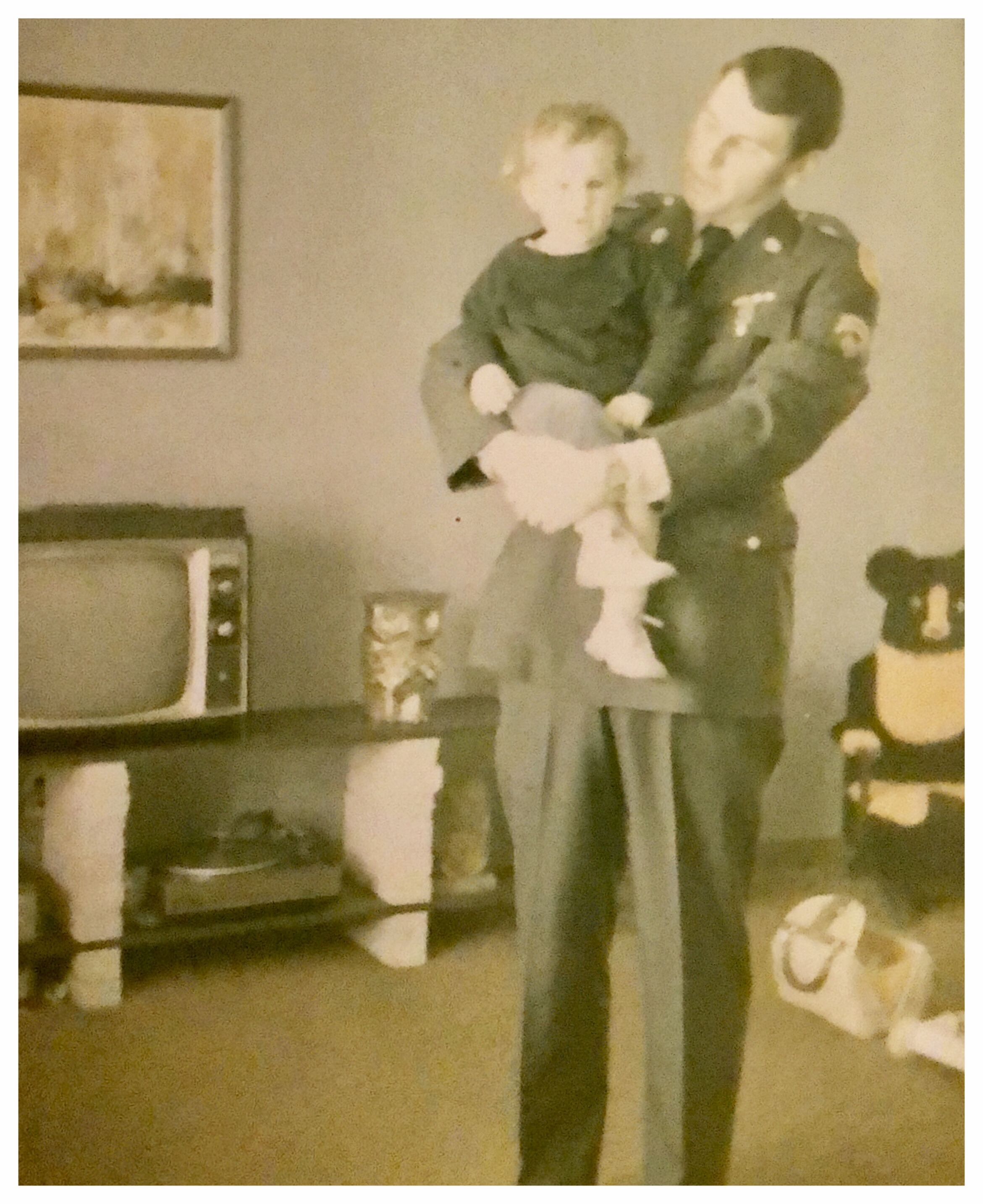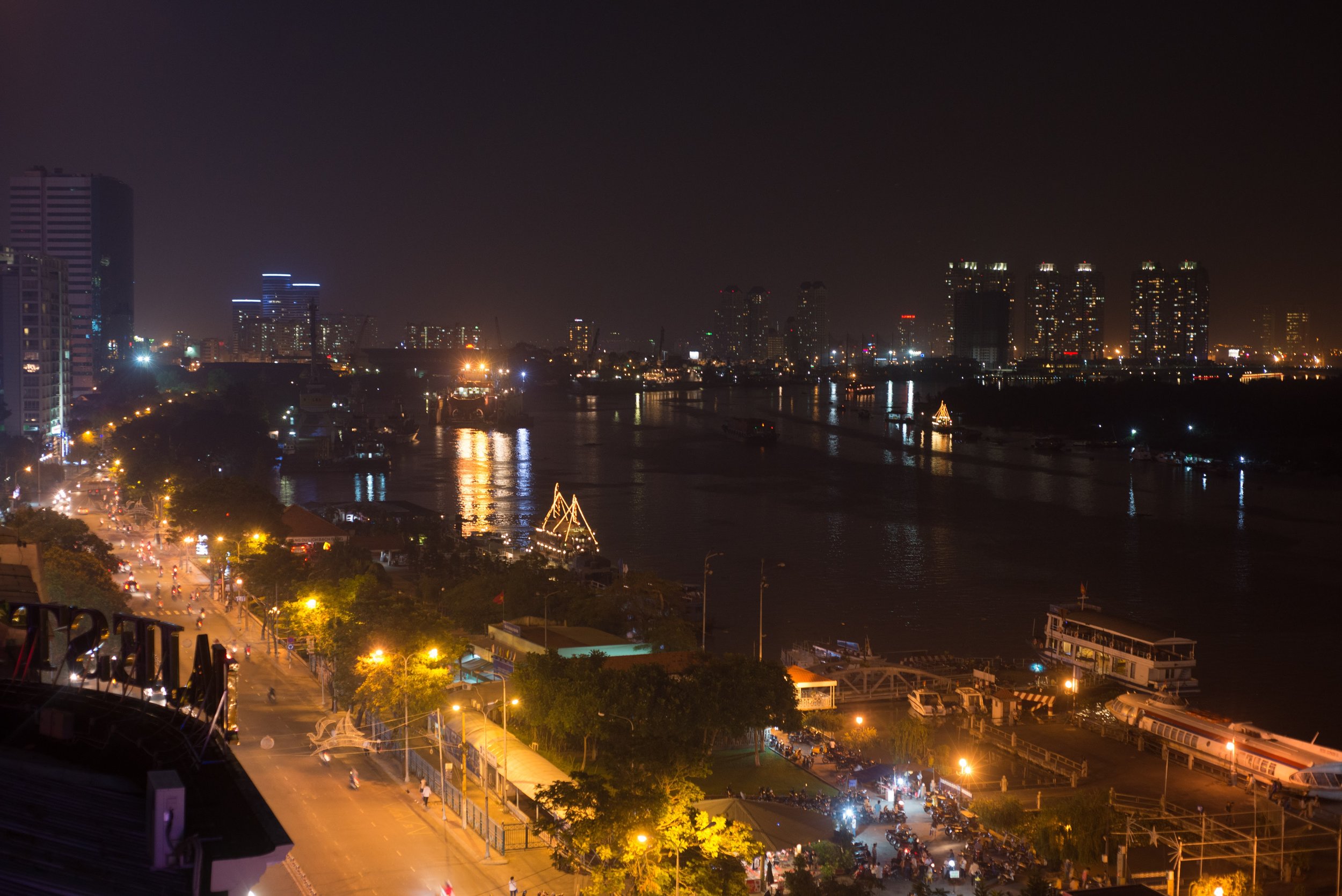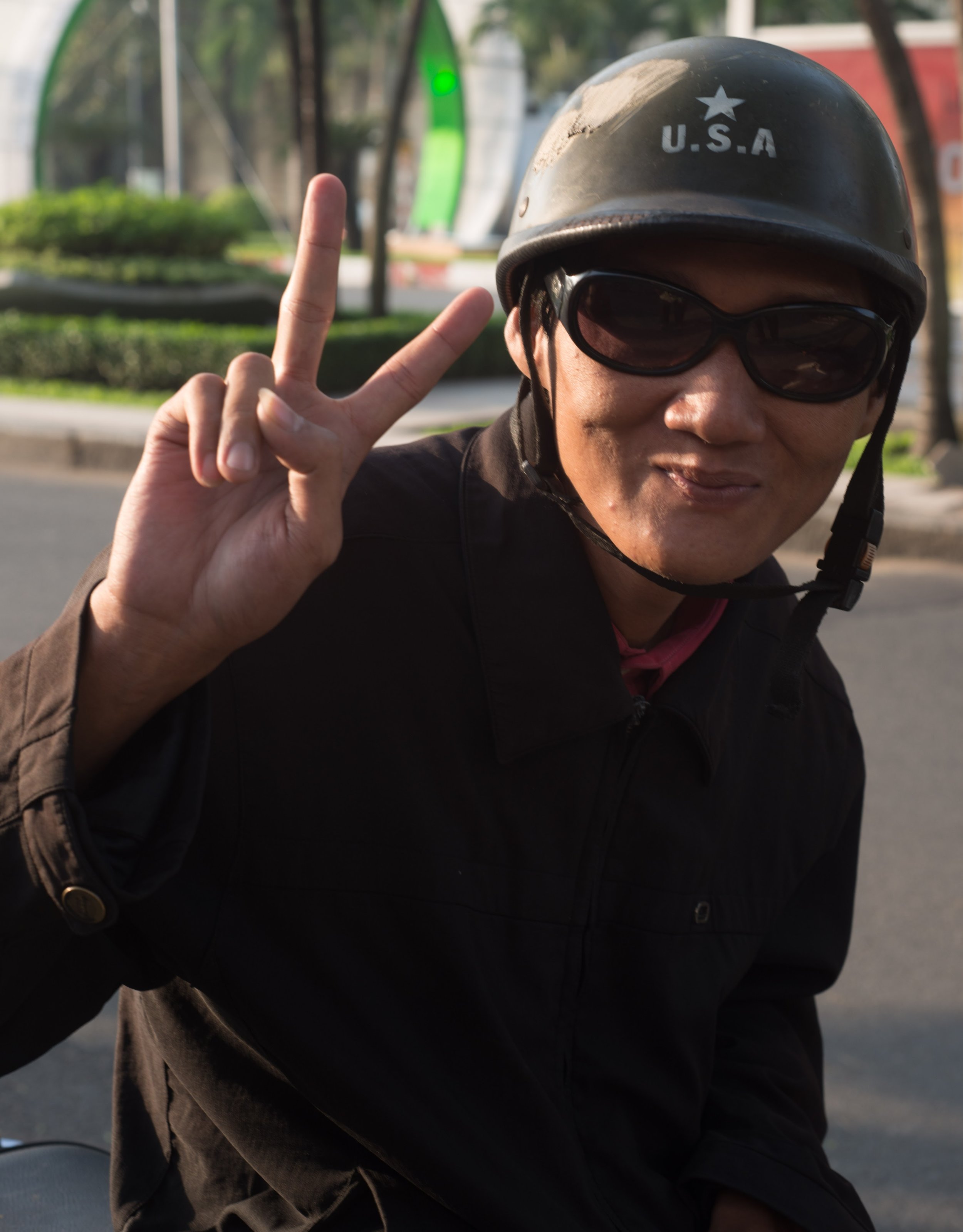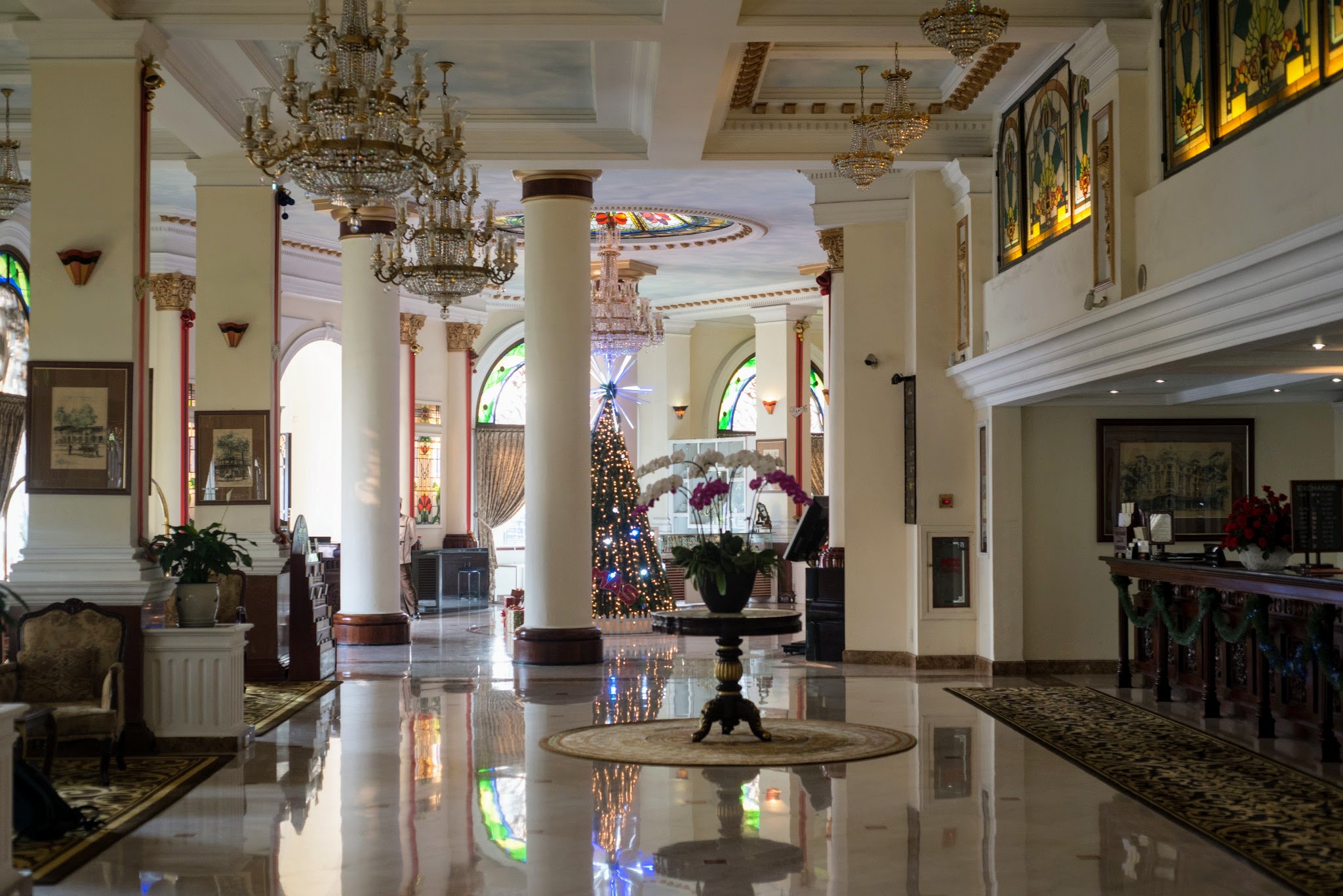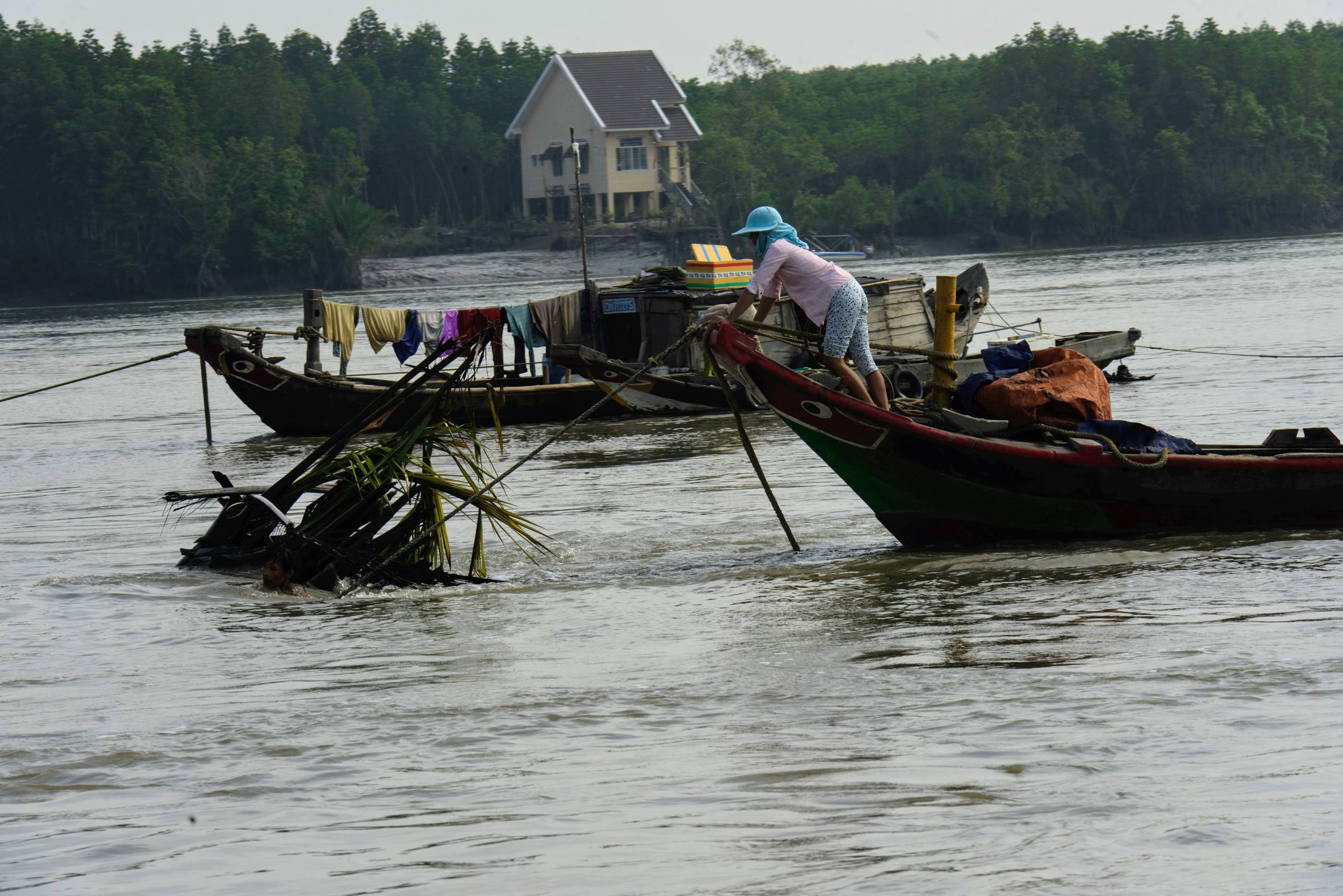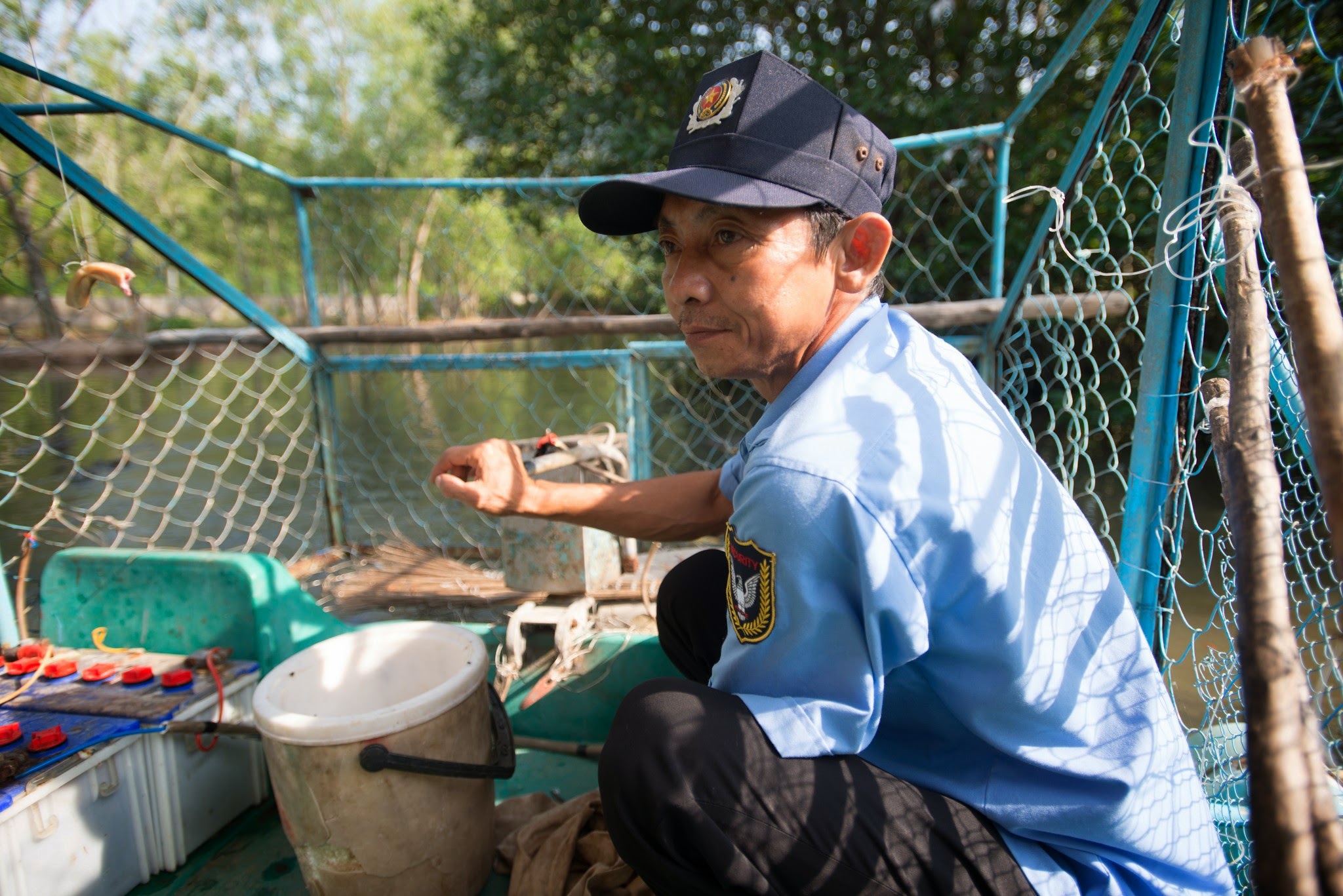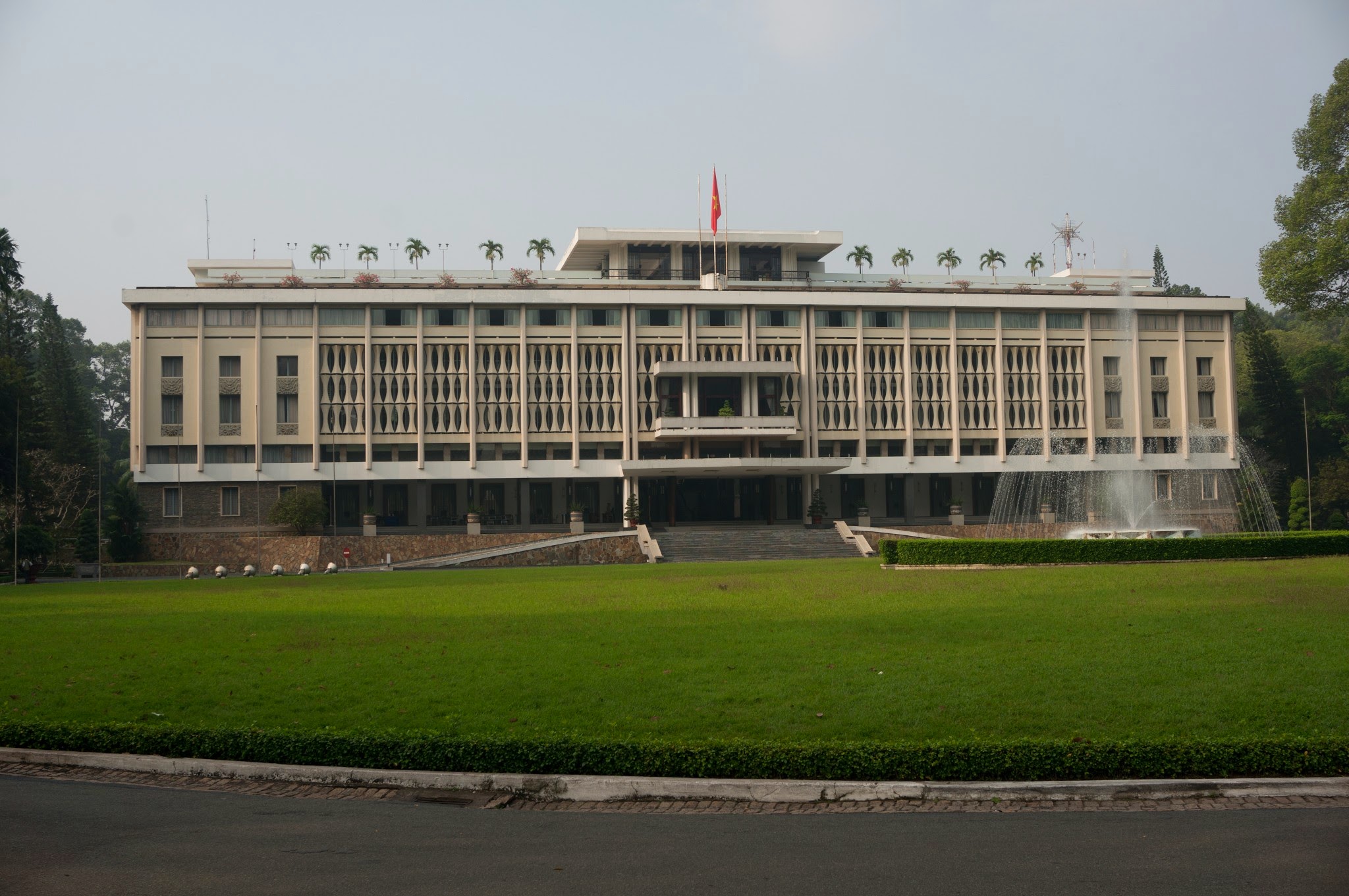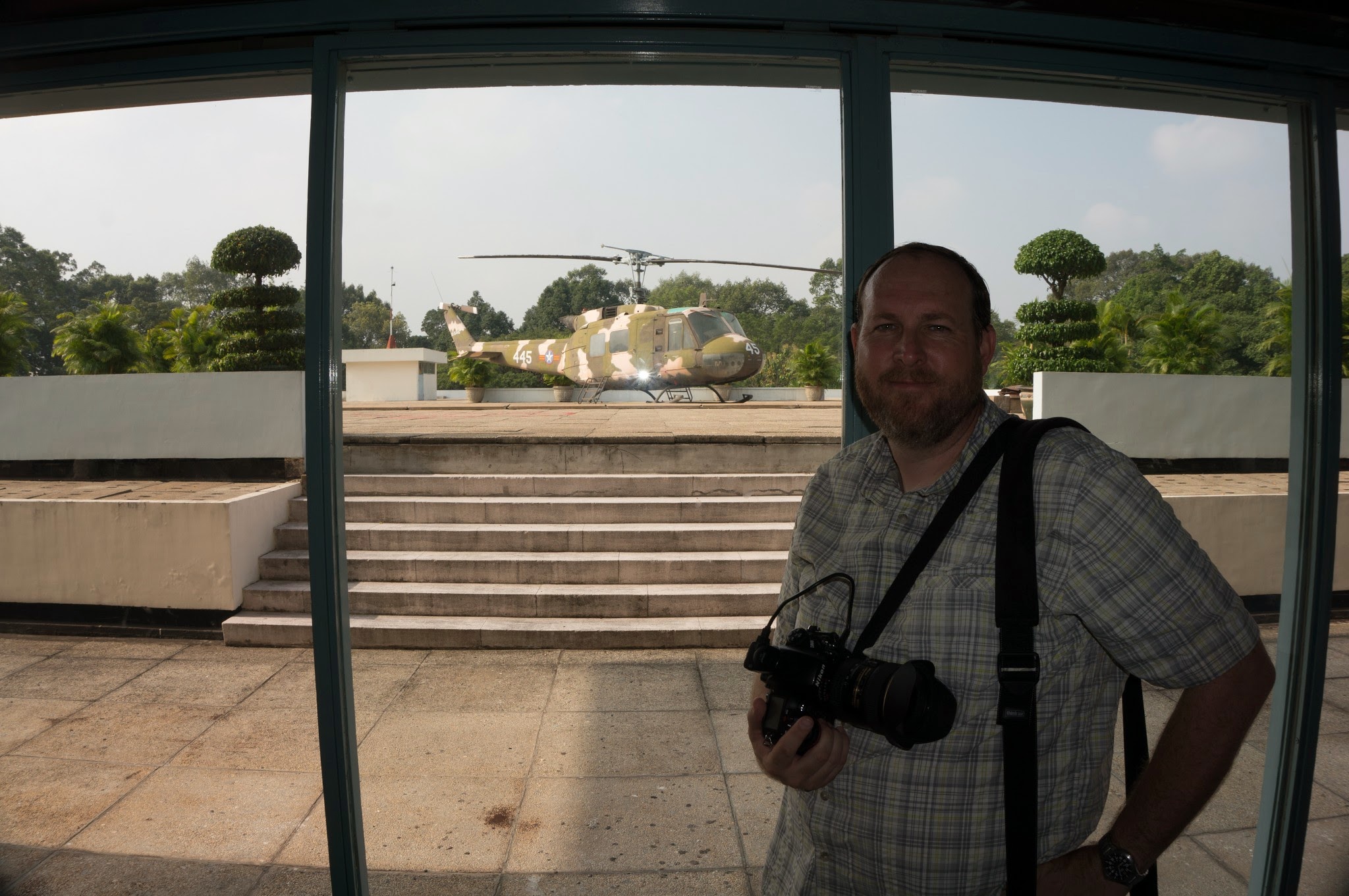Understanding the Vietnam War
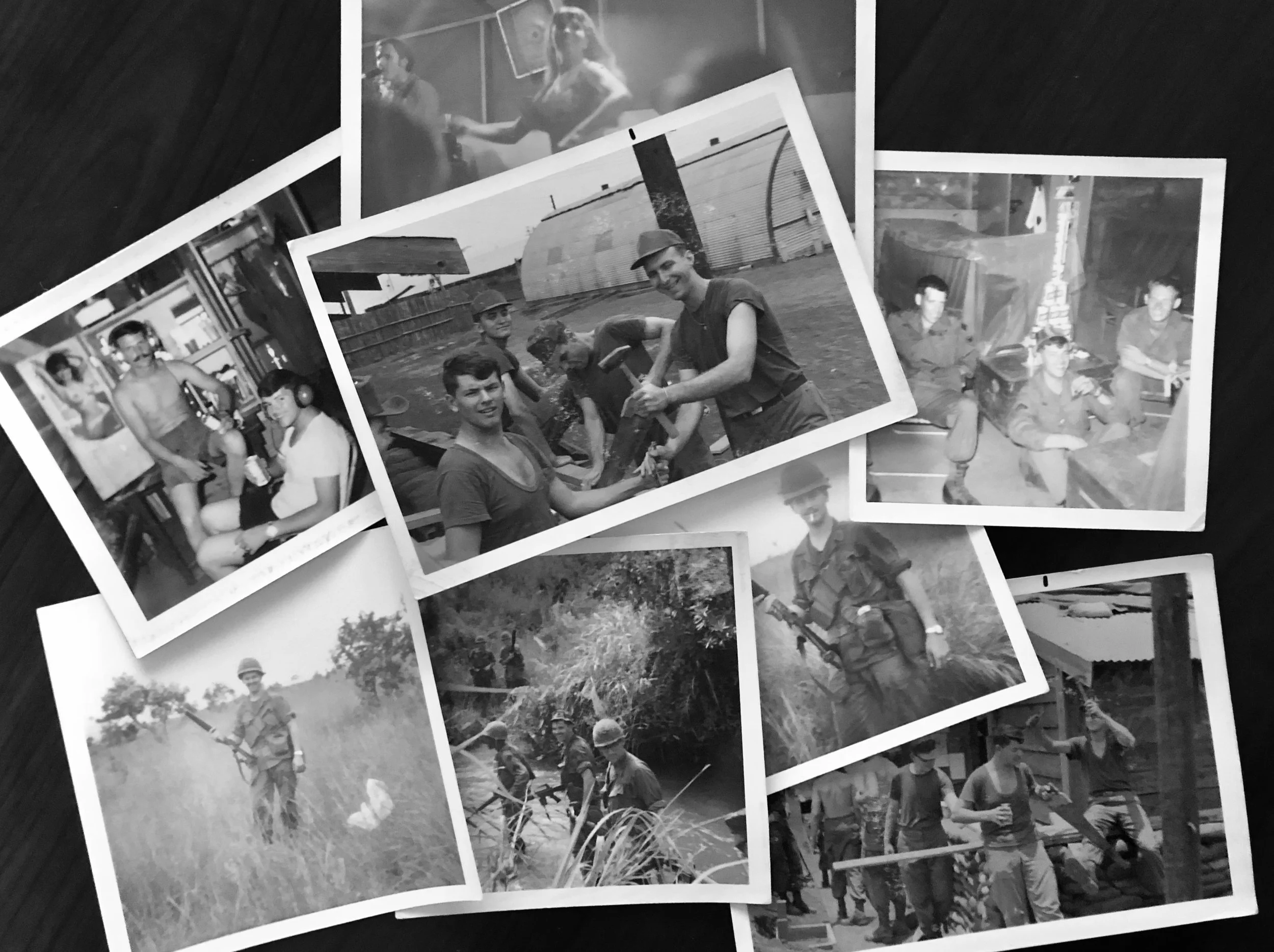
Today I finished watching The Vietnam War: A Film by Ken Burns and Lynn Novick. The documentary that aired on PBS was a comprehensive look at the war that changed the U.S. while impacting the Asian Continent for decades.
Old prints from Larry Larson's tour of duty in Vietnam.
I grew up during the time many Vietnam veterans were adjusting to life back in the states. I Remember listening to stories of family friends that completed a tour of duty in Vietnam, and I often asked my dad about his experiences during that time.
Like many adult males during the late 60’s and early 70’s my dad had a choice to make. He decided to volunteer for the National Guard in the hopes he wouldn’t have to serve overseas. The gamble paid off as he served active duty in Iowa for six years from 1965 to 1971 during a turbulent time. I have to admit that I was embarrassed to tell people that he didn’t serve in Vietnam. Until I watched the documentary.
My father holding my sister at our home in Forest City in 1970.
That is when I realized how polarized the climate was in the U.S. and how insane the prosecution of the war had become for the generals and political figures leading it. Hearing the experiences of Hal Kushner, John Musgrave, Matt Harrison, Tom Vallely, Sam Wilson and others made me realize that the fog of war that consumed our troops fighting an unseen enemy in dense jungles was only matched by the fog of culture clashes that tore at the seems of this great country.
Since that time I have also realized how important the National Guard is. Especially after understanding the role they had in Afganistan and Iraq.
Traveling to Vietnam in 2013 has also had a lasting impact on me. I stood on the heliport of the presidential palace where the last Americans were evacuated from the country. I also stayed in the Hotel Majestic in Ho Chi Minh City, where John F. Kennedy had dinner as a U.S. Senator in the 50s. I even took a boat trip down the Saigon River, seeing miles of dense jungle line the river bank. While in Vietnam, I tried to imagine what it was like during the war. I also grappled with the fact that Vietnam is now a prospering country with an economy that offers luxury commercial brands like Louis Vuitton, Cartier, and Mercedes-Benz. It is a far cry from my earlier notions of a drab, depressed communist country.
Now, as the veterans of Vietnam become grandparents and move towards retirement, they have finally been afforded the respect they deserve for serving in a brutal war. A war that brought turmoil to both countries and left many lives shattered. I only wish that my father, David Murphy, was alive (he died in a tragic motorcycle accident) to ask him more questions about his experiences during that time. I also wish that Larry Larson, my father-in-law, was alive so I could ask him about his experiences of serving in Vietnam. Both were threads of the fabric that made the Vietnam era.
Meaning can be found by listening to the stories of the people who lived through it. That is why I will always take time to listen to the people who lived during that era.
For more than two decades, Joseph L. Murphy has had the pleasure of meeting and connecting with people from all walks of life through photography. He has photographed presidents and heads of state, traversed the winding alleyways of the Fes Medina in Morocco, photographed the sprawling countryside and people that make up Argentina and covered events that have defined the U.S. Most recently, Murphy’s travels have taken him to Cambodia, Mexico, China, Vietnam and Ecuador.
He has spent the past 20 years specializing in agriculture photography for multiple organizations, publications and marketing projects.
A graduate of the University of Iowa, Murphy determined at an early age that his love of photography would shape his vision for life.

